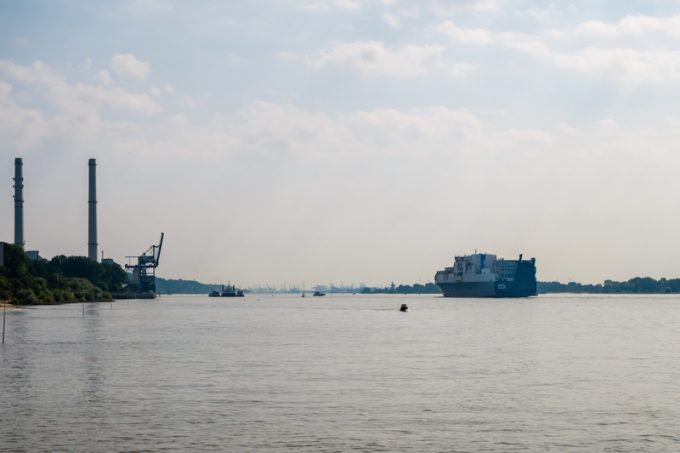Threat of more strikes at German ports as workers reject 'inadequate' offer
German trade union ver.di has rejected the Central Association of German Seaport Operators’ (ZDS) collective ...

Ocean carriers serving the port of Hamburg will benefit from a significant reduction in vessel downtime following the completion of widening projects on the river Elbe.
Yesterday saw the opening of a 7km, 385-metre-wide ‘passing box’ on the river, between Wedel and Wittenbergen, allowing ships with ...
MSC switches two more Asia-Europe port calls from congested Antwerp
Front-loading frenzy has made traditional H2 peak season 'unlikely'
Tradelanes: Export boom in Indian sub-continent triggers rise in airfreight rates
Carriers introduce surcharges as congestion builds at African ports
Mexican airport modernisation plan unlikely to boost cargo facilities
Canada and Mexico get cosy with trade plan to bypass US
Ports and supply chain operators weigh in on funding for CPB
Tradelanes: Overcapacity on Asia-S America impacting alliances and rates

Comment on this article